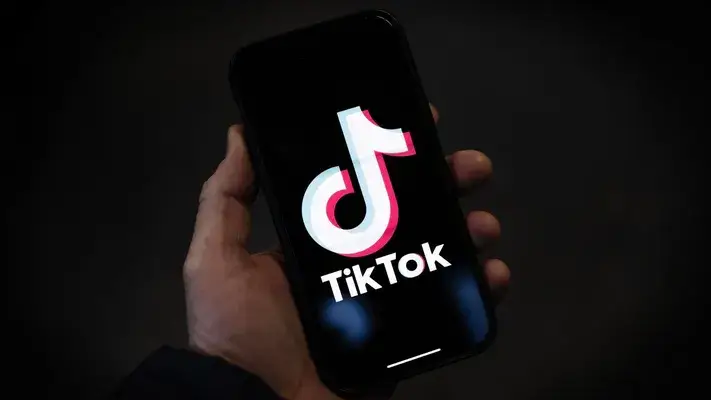The TikTok Ban: A Cultural Shift in the Making
“When was the last time you read a book?” I asked my mother. Silence. A pause. Finally: “I read The New York Times, thank you.” The defensiveness in her tone was undeniable, and I couldn’t help but think about the growing divide between traditional media and the all-consuming nature of TikTok.
That very platform—TikTok—is now at the center of a cultural reckoning. As of January 19, 2025, TikTok has effectively ceased to operate in the United States. Parent company ByteDance was faced with an ultimatum: sell the platform to a neutral party or shut it down. They chose the latter.
By 11 p.m. on January 18, TikTok went dark for its 170 million U.S. users, disappearing from app stores and becoming inaccessible. The platform, known for its 30-second bursts of creativity, entertainment, and marketing potential, had become a cornerstone of digital culture—and, for better or worse, its loss is leaving an indelible mark on industries, communities, and individuals.
The Impact on the Music Industry
TikTok has played a transformative role in the music industry over the last five years, serving as both a launchpad for emerging artists and a pressure cooker for established ones. Record labels have leaned heavily on the app’s algorithm to craft songs designed for virality. Nostalgic hooks, catchy choruses, and 30-second snippets were engineered to thrive in TikTok’s short-form environment.
For many artists, the platform was a double-edged sword. While it helped some—like Olivia Rodrigo, Noah Kahan, and Mitski—achieve massive success, others found themselves trapped in a cycle of trying to go viral, often at the expense of their artistic integrity.
The ban might signal a shift away from this high-pressure environment. Without the looming specter of virality dictating music production, there’s hope that artists can focus on creating music for its own sake, rather than tailoring it to an algorithm.
Social Media’s Role in Music Marketing
One of TikTok’s unique attributes was its ability to act as a collaborative space where creators, fans, and artists interacted. Unlike platforms like Instagram, where artists have more control over their image, TikTok blurred the lines. Fans became collaborators, remixing songs and creating trends that artists had little control over.
Artists like Florence Welch and Halsey have spoken about the strain this created. Welch, for instance, reluctantly joined TikTok to promote her album Dance Fever. “I am about to go into another meeting…and they are going to f—ing ask me why haven’t I done something [on TikTok],” she admitted. While she eventually embraced the platform, her initial hesitance highlighted a broader issue: musicians being forced to adapt to platforms that prioritize engagement over artistry.
Beyond Music: A Cultural Reckoning
TikTok’s influence extended far beyond music, shaping everything from fashion trends to political discourse. Its ban raises questions about the role of social media in our lives. Critics argue that TikTok eroded our attention spans and commodified creativity, reducing art to “content” designed to be consumed in 30-second bursts.
But the platform also had undeniable merits. It democratized content creation, provided a space for education and activism, and fostered communities that might not have formed otherwise. For millions, it wasn’t just an app—it was a lifeline.
Could the Ban Be Beneficial?
While the loss of TikTok may feel catastrophic to some, it could also open the door to new possibilities. Without the relentless demand for short-form content, creators might explore more meaningful, long-form projects. The music industry might shift its focus back to artistry rather than algorithmic appeal. And as a society, we might begin to reframe our relationship with technology, prioritizing depth over immediacy.
Mitski captured the essence of this shift in a 2022 interview: “You have to be a product that’s being bought and sold and consumed… Maybe TikTok does have to be banned to help us dig our way out of this commodified grave we’ve dug for ourselves.”
The Road Ahead
As we navigate this post-TikTok world, the effects of the ban will ripple across industries and communities. For some, it’s an opportunity to reclaim creativity and authenticity. For others, it’s a loss of income, connection, and identity.
What remains clear is that this moment is more than just the end of a social media platform—it’s the beginning of a cultural shift. Whether that shift leads to greater freedom or new constraints remains to be seen

